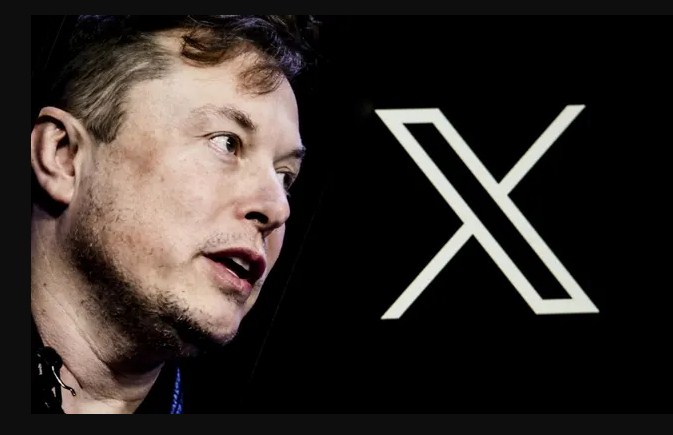X, the social media platform formerly known as Twitter, has come under fire for complying with the Indian government’s orders to block certain accounts and posts on its platform. The company said it did not agree with the orders, but had to follow them to avoid potential penalties including significant fines and imprisonment.
What are the orders and why were they issued?
The Indian government has issued executive orders requiring X to act on specific accounts and posts, subject to legal restrictions. The company did not disclose the details of the orders, but said it believed that making them public was essential for transparency. However, several local media outlets linked the government’s executive orders to the ongoing farmers’ protests in the country.
The farmers’ protests have been going on since mid-February, when tens of thousands of farmers from the northern state of Punjab and other regions marched to the capital of New Delhi, demanding better crop prices and the repeal of three farm laws passed by the government in 2021. The protests have turned violent at times, with clashes between the police and the protesters, resulting in deaths and injuries.

The government has accused some of the protesters and their supporters of spreading misinformation and inciting violence on social media platforms, including X. The government has also alleged that some of the accounts and posts were backed by foreign entities and individuals, who were trying to interfere in India’s internal affairs and undermine its sovereignty.
How did X respond to the orders?
X said that in compliance with the orders, it will withhold these accounts and posts in India alone; however, it disagrees with these actions and maintains that freedom of expression should extend to these posts. The company also said that it has informed the affected users about the actions taken by the company.
X further said that it has filed a writ appeal challenging the Indian government’s blocking order, which is pending in the Karnataka High Court. The court had earlier dismissed X’s plea challenging the government’s orders, saying that the company had to comply with the laws of the land.
X also said that it will continue to advocate for the right of free expression for its users and the public interest.
What are the implications and reactions of X’s actions?
X’s actions have sparked a debate on the role and responsibility of social media platforms in India, which is one of the largest and fastest-growing markets for X and other online services. India has more than 700 million internet users, and more than 100 million of them use X.
Some of the users and activists have criticized X for bowing down to the government’s pressure and censoring voices of dissent and protest. They have accused X of betraying its own principles and values, and compromising the rights and interests of its users and the public.
On the other hand, some of the users and supporters of the government have praised X for following the law and respecting the sovereignty and security of the country. They have argued that X and other social media platforms have to abide by the rules and regulations of the countries where they operate, and that they cannot be allowed to become platforms for spreading fake news, propaganda, and violence.
The government has not officially responded to X’s disclosure yet, but it has previously warned X and other social media intermediaries that they have to comply with the country’s new and upcoming IT rules, which are expected to tighten the regulation and oversight of online content and services.
X’s actions have also raised questions about the future of X and other social media platforms in India, and the impact of their decisions on the freedom and diversity of expression, information, and opinion in the country.

Comments